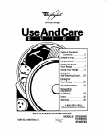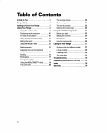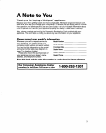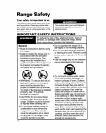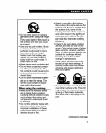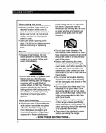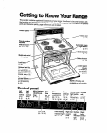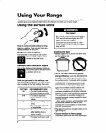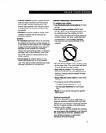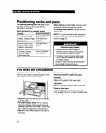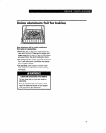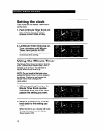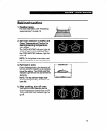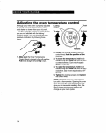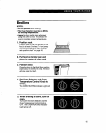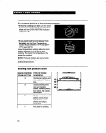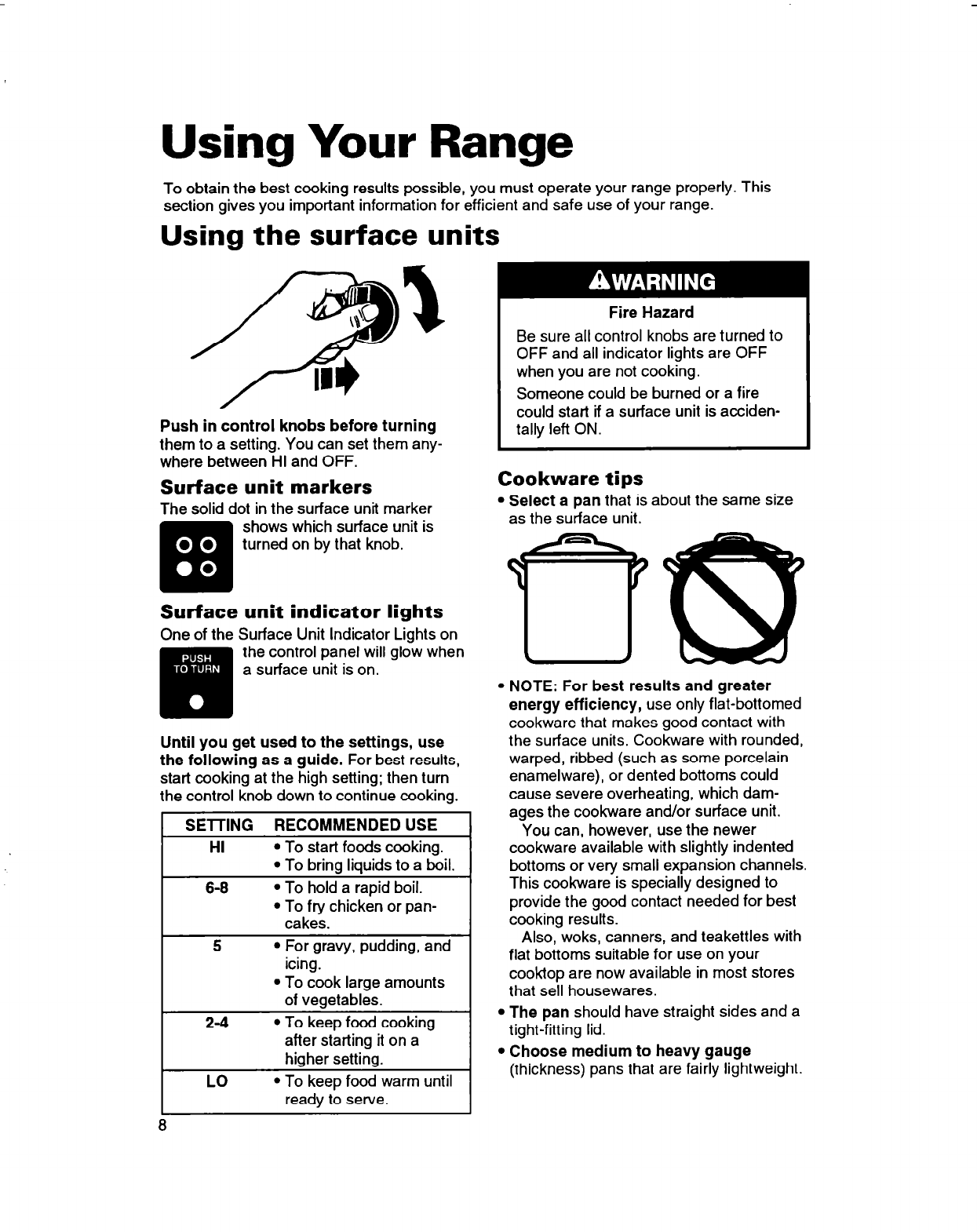
Using Your Range
To obtain the best cooking results possible, you must operate your range properly. This
section gives you important information for efficient and safe use of your range.
Using the surface
units
Push in control knobs before turning
them to a setting. You can set them any-
where between HI and OFF.
Surface unit markers
The solid dot in the surface unit marker
Surface unit indicator lights
One of the Surface Unit Indicator Lights on
.
•!!l
the control panel will glow when
. -
a surface unit is on.
Until you get used to the settings, use
the following as a guide. For best results,
start cooking at the high setting; then turn
the control knob down to continue cooking.
SElTING RECOMMENDED USE
HI
6-8
l To start foods cooking.
l To bring liquids to a boil.
l To hold a rapid boil.
l To fry chicken or pan-
cakes.
5
l For gravy, pudding, and
icing.
2-4
LO
l To cook large amounts
of vegetables.
l To keep food cooking
after starting it on a
higher setting.
l To keep food warm until
ready to serve.
Fire Hazard
Be sure all control knobs are turned to
OFF and all indicator lights are OFF
when you are not cooking.
Someone could be burned or a fire
could start if a surface unit is acciden-
tally left ON.
Cookware tips
l Select a pan that is about the same size
as the surface unit.
. NOTE: For best results and greater
energy efficiency, use only flat-bottomed
cookware that makes good contact with
the surface units. Cookware with rounded,
warped, ribbed (such as some porcelain
enamelware), or dented bottoms could
cause severe overheating, which dam-
ages the cookware and/or surface unit.
You can, however, use the newer
cookware available with slightly indented
bottoms or very small expansion channels.
This cookware is specially designed to
provide the good contact needed for best
cooking results.
Also, woks, canners, and teakettles with
flat bottoms suitable for use on your
cook-top are now available in most stores
that sell housewares.
l The pan should have straight sides and a
tight-fitting lid.
l Choose medium to heavy gauge
(thickness) pans that are fairly lightweight.
8



